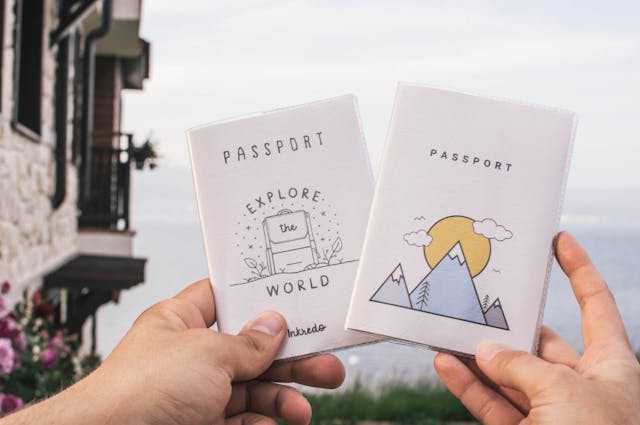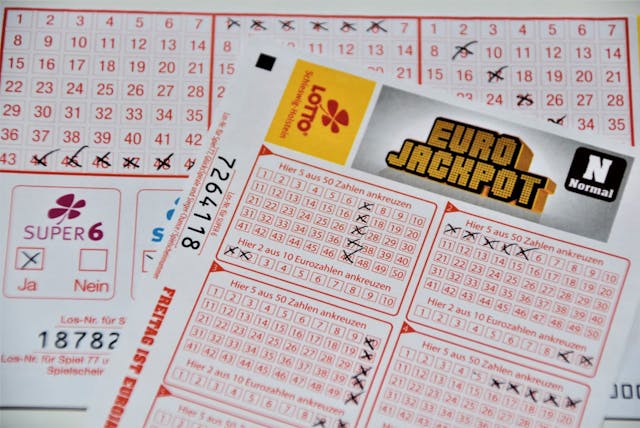The Australian parliament has banned the internet

julien Tromeur, Unsplash
The Australian parliament has approved a law banning children under 16 from using social media. It is the strictest such rules in the world: restrictions will apply to platforms like Snapchat, TikTok, Facebook, Instagram and X, although games and messengers, like YouTube, will not be banned. The law will come into force in 12 months and breaches will cost companies up to A$50 million in fines.
The law does not allow exceptions, even with parental consent or for existing accounts. Platforms themselves will be responsible for enforcing the rules, and are required to implement age verification technologies such as biometrics or document identification. However, critics warn that such technologies may be both ineffective and insecure in terms of privacy.
Prime Minister Anthony Albanese said the aim of the innovation is to protect children from the "harms" of social media. Fears that children face cyberbullying, addiction and mental health threats are supported by many parents. However, experts point out that the ban could lead children to seek out less regulated digital spaces, potentially more dangerous.
Technology companies including Google, Meta and TikTok have criticised the law for lacking specificity. They point out that vague wording can make any internet service a "social network". VPNs and other workarounds can easily destroy the intended protection, and children and youth organisations themselves have said that their views were ignored in the process of drafting the law.
For example, the eSafety Commissioner's Council of Young Experts noted: "We recognise the risks of social media, but we have been excluded from the discussion of solutions. This highlights the challenge: how to balance the protection of children with their participation in the digital society.
World leaders are following Australia's example. Norway is planning similar measures, while the UK is only considering similar bans. However, past experience shows difficulties: similar initiatives in France and the US have faced legal and technical obstacles.
Albaniz compared the new law to underage drinking restrictions: "We realise that its implementation will not be perfect, but we believe it is the right step." However, like any prohibition, this one also raises questions: will protecting children turn into fighting the windmills of the digital age?





